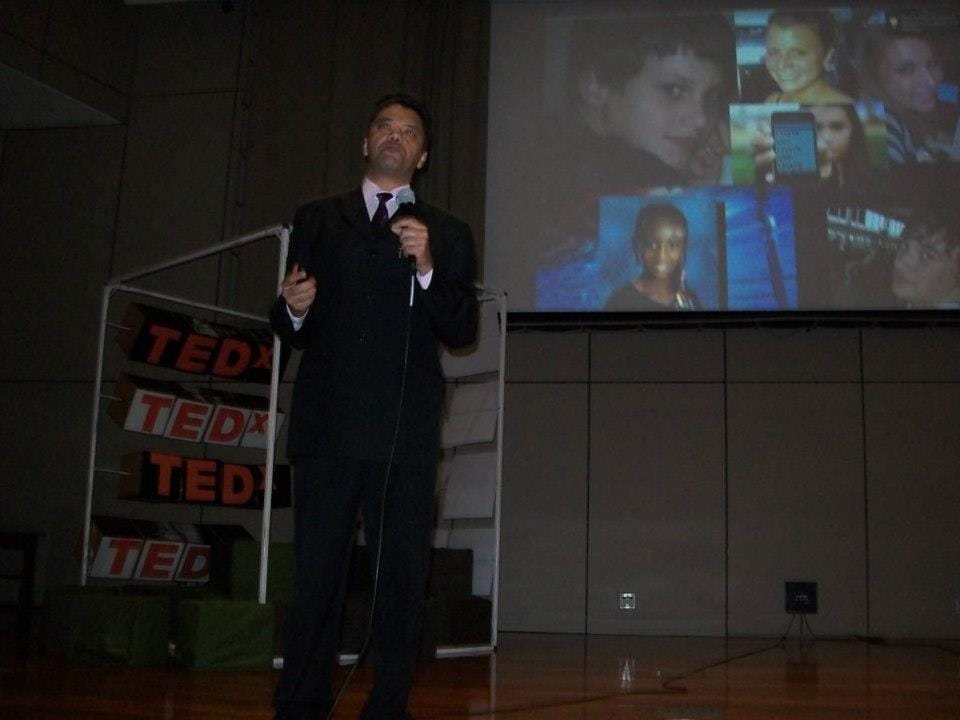Online Community & Courses Coming Soon
I'm Ramon Thomas, an expert in The Psychology of Technology
NETucation has transformed from an online research company into a training company and now an online community with online courses related to the psychology of technology, digital privacy and online addiction, among other topics.
Sign up for our list to be informed when we launch our community and courses.
Yours sincerely
Ramon
